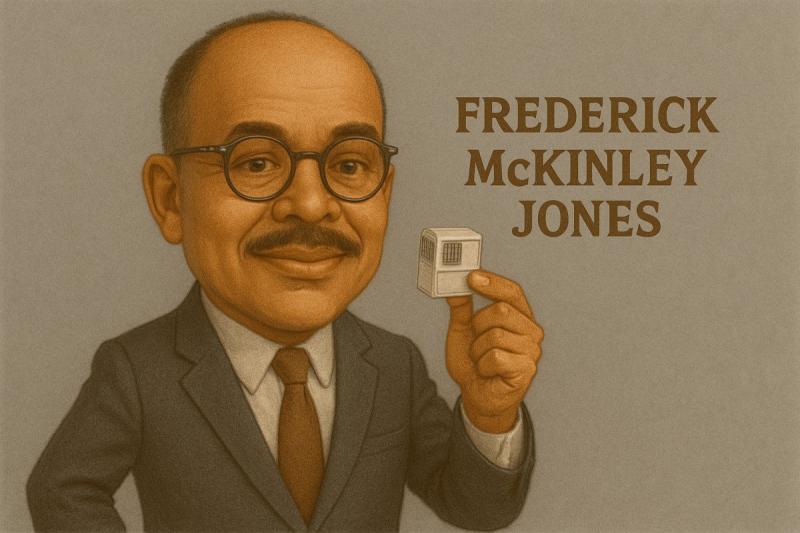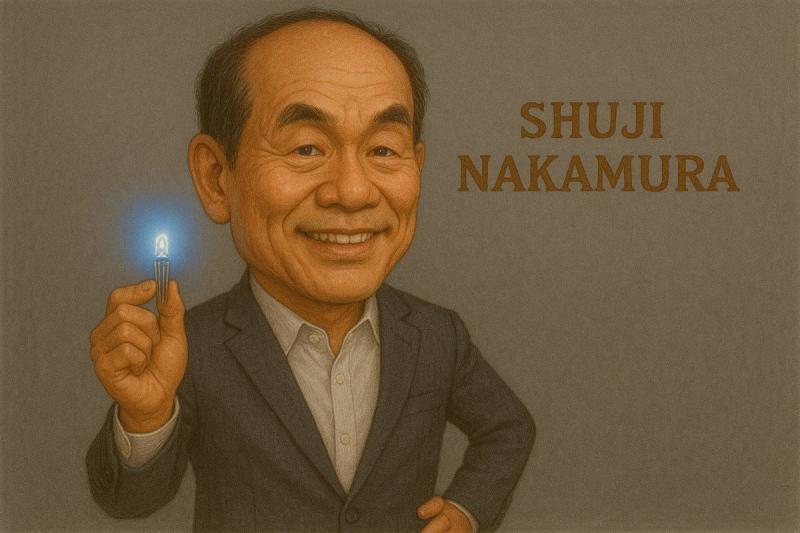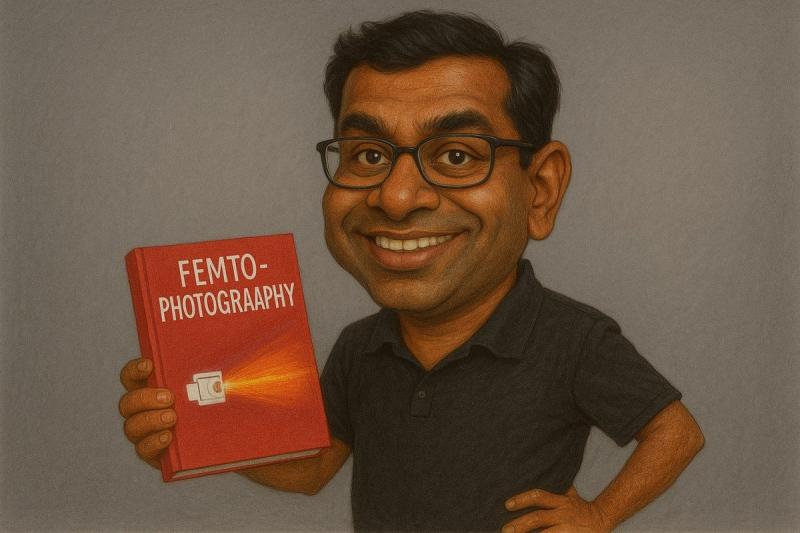Carl Wilhelm Scheele: The Unsung Hero Who Tasted Death and Discovered Life
Ever heard of the guy who discovered oxygen but got zero credit? Or maybe the scientist who thought it was a good idea to taste deadly poisons as part of his research method? Meet Carl Wilhelm Scheele, arguably history's most brilliant yet unlucky chemist who somehow managed to revolutionize science while literally poisoning himself in the process.
The Forgotten Genius of Chemistry
Carl Wilhelm Scheele isn't exactly a household name. While we all know about Einstein, Newton, and even Marie Curie, poor Scheele has been relegated to the footnotes of science history books. And honestly? That's a crime against science itself.
Born in Swedish Pomerania in 1742, Scheele was the seventh of eleven children. Unlike many scientists of his era, he didn't come from nobility or extreme wealth. Instead, he started as a humble pharmacy apprentice at 14. No fancy university education or royal patronage—just raw talent, curiosity, and apparently, a complete disregard for personal safety.
The Oxygen Discovery That History Forgot
Here's where things get frustrating. Scheele discovered oxygen (which he called "fire air") around 1772, a full THREE YEARS before Joseph Priestley's discovery. And yet, ask anyone who discovered oxygen, and they'll likely name Priestley or Antoine Lavoisier.
So what happened? Well, the publication of Scheele's work, "Chemical Treatise on Air and Fire," was delayed until 1777 due to publishing issues. By then, Priestley had already published his findings, and Lavoisier had swooped in to name and properly characterize oxygen. Talk about bad timing!
The scientific community of the 18th century operated on a "publish or perish" mentality just like today—except in Scheele's case, it was more like "publish or be forgotten by history." And forgotten he was.
The Mad Scientist Who Tasted Everything
Now, let's talk about Scheele's most jaw-dropping habit: his insistence on tasting every chemical he worked with. Yes, you read that correctly. In an era before safety protocols, Scheele used his tongue as a primary analytical tool.
This wasn't just occasionally taking a tiny sample—this was systematic tasting of some of the most deadly substances known to science:
- Hydrogen cyanide (which he discovered): Described as having an "almond-like" taste and a "somewhat hot" sensation
- Mercury compounds: Apparently had a metallic flavor (shocking!)
- Arsenic compounds: Which he noted had a "mildly sweet" taste
- Hydrofluoric acid: Which he reported as sour (before it likely burned his taste buds)
I'm not sure what's more impressive—his groundbreaking discoveries or the fact that he lived to the age of 43 with this research methodology. Can you imagine putting this approach in a modern grant proposal? "Research methods include: looking, measuring, and licking deadly poisons." Instant rejection!
The Scheele Chemistry Portfolio
Despite his lack of recognition for oxygen, Scheele's contribution to chemistry is nothing short of remarkable. His discovery list reads like a chemistry textbook index:
- Discovered chlorine (which he called "dephlogisticated muriatic acid")
- Identified molybdenum, tungsten, and manganese
- Discovered organic acids including tartaric, oxalic, uric, lactic, and citric acid
- First isolated glycerol
- Discovered hydrogen sulfide and hydrogen cyanide
And he did all this while working primarily as a pharmacist, often conducting experiments in make-shift laboratories with basic equipment during his free time. No fancy university lab, no research grants, no assistants—just pure scientific passion and an unfortunate taste for danger.
The Ultimate Price of Curiosity
Scheele's unusual research methods eventually caught up with him. He died in 1786 at the young age of 43, almost certainly due to cumulative exposure to the numerous toxic substances he had discovered, handled, and—yes—tasted throughout his career.
His death certificate may not explicitly state "died from licking too many poisons," but the connection seems pretty obvious, don't you think? His habit of tasting hydrogen cyanide alone would make any modern chemist's hair stand on end. This powerful poison kills by preventing cells from using oxygen (ironically, the very element Scheele discovered but wasn't credited for).
Why History Forgot Him
So why isn't Scheele more famous? A few reasons:
- He was humble and not interested in self-promotion
- His major works were published in Swedish or German, limiting their reach
- He lacked powerful patrons to promote his work
- His discoveries were often delayed in publication
- As a working pharmacist rather than a university academic, he wasn't part of the scientific elite
In many ways, Scheele represents the purest form of scientific inquiry—driven by curiosity rather than fame or fortune. Though, IMO, a little self-promotion might have saved his rightful place in history!
The Legacy of Science's Most Daring Taste-Tester
Despite history's oversight, Scheele's contributions to chemistry were monumental. His meticulous observations and experimental approach helped transition chemistry from alchemy to modern science.
Today, we can appreciate his discoveries while simultaneously being horrified by his methods. His story serves as both inspiration and cautionary tale—a reminder of what pure scientific curiosity can accomplish and why laboratory safety protocols exist. :)
The next time you're in a chemistry lab and see those "Do Not Taste" signs, give a little nod to Carl Wilhelm Scheele, the man who discovered oxygen, countless other chemicals, and unfortunately, exactly what hydrogen cyanide tastes like.
In a fair world, we'd remember Scheele's name alongside the other giants of science. Instead, we have to settle for knowing that while history may have forgotten him, chemistry itself was forever changed by the pharmacist who tasted everything—even if it nearly killed him



